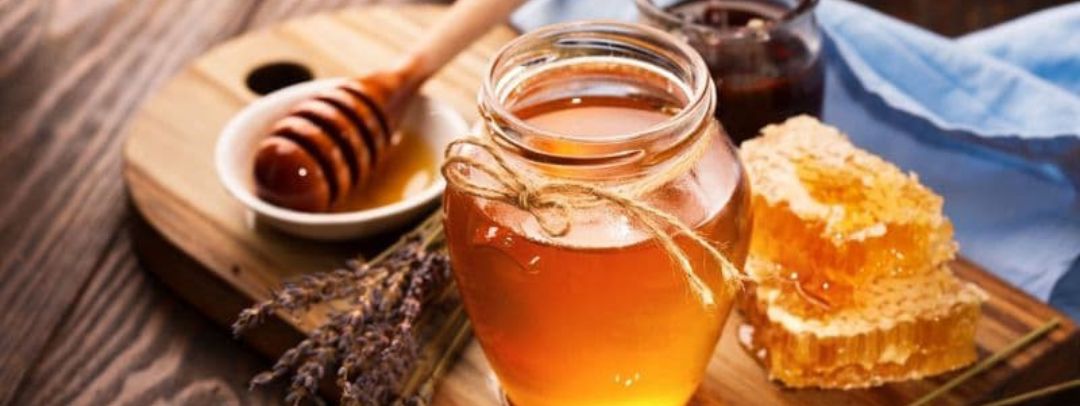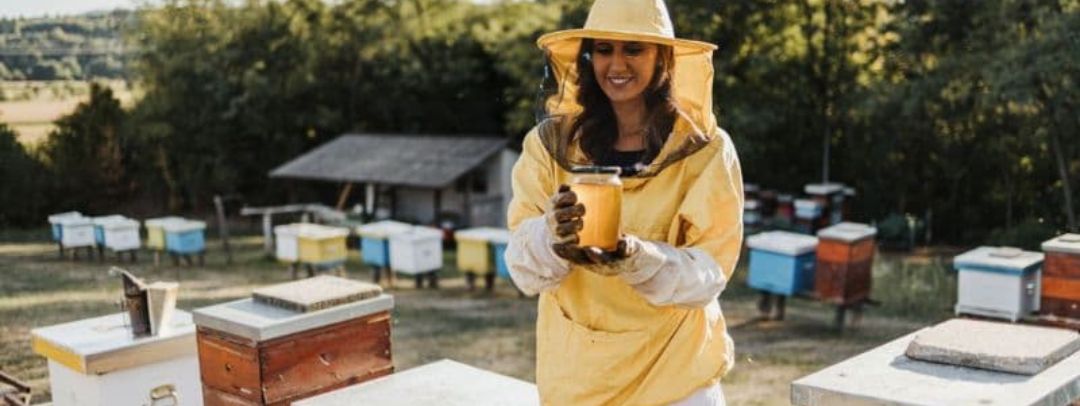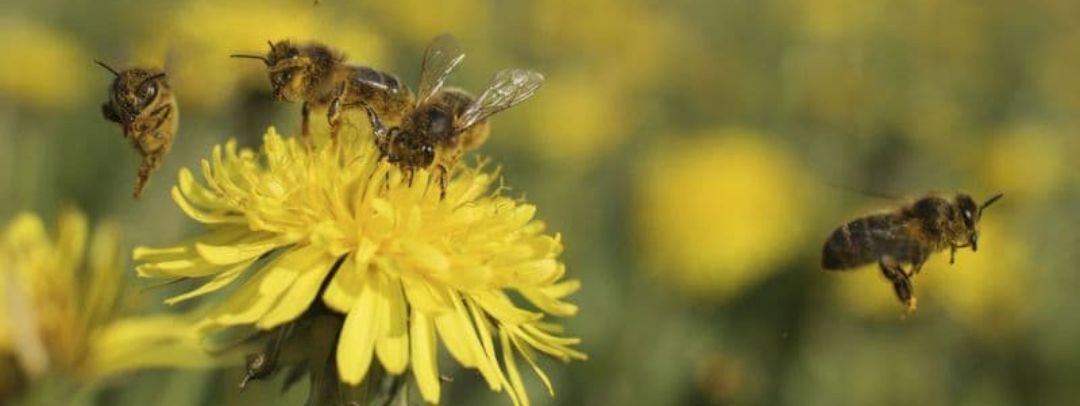Today, September 23 at 03:54, start the sweet autumn with honey!. A time when the countryside is full of beautiful golden and brown colors that remind us so much of honey. In addition, rainy afternoons and not-so-desired colds begin. This time is ideal to be always accompanied by honey. Because we also remember her a lot because we are more at home. And who does not want to accompany with honey those afternoons in which the rain is heard outside?
So if you start to notice that your throat is suffering from the weather, do not hesitate, take honey “Las Abejas”. Honey generates a film that makes you not hawk.
But while we start the summer, flowers and spring begin in the other hemisphere.
How is the autumn for the bees
The bees prepare for the winter and take advantage of the molasses or honeydew of the trees, going to Encinas or oaks, among others. In Spain honey generated in these months is very important. This type of honey is very popular in our country, but it is also highly valued abroad. It is popularly known as forest honey. And its characteristic is a dark color with an intense flavor.
In addition, in September the drones are expelled from the hive, because they have already done their job of fertilizing the young queens. And for its part, the queen reduces the egg laying, making in turn that the nurse bees no longer have so many offspring to feed. On the other hand, the older bees die of fatigue due to the great activity they have had to develop in summer. And all this chain makes the body proteins decrease and accumulate in new bees. Therefore, as there are not so many larvae, the rest can acquire more protein and strength.
In conclusion, it is important that in this season the number of bees increases with the breeding, so that in winter the ideal temperature can be maintained to avoid mortality. And this must be linked to a correct diet so that the body’s proteins increase. So if you see apiaries, surely you will find beekeepers guarding the hives.



